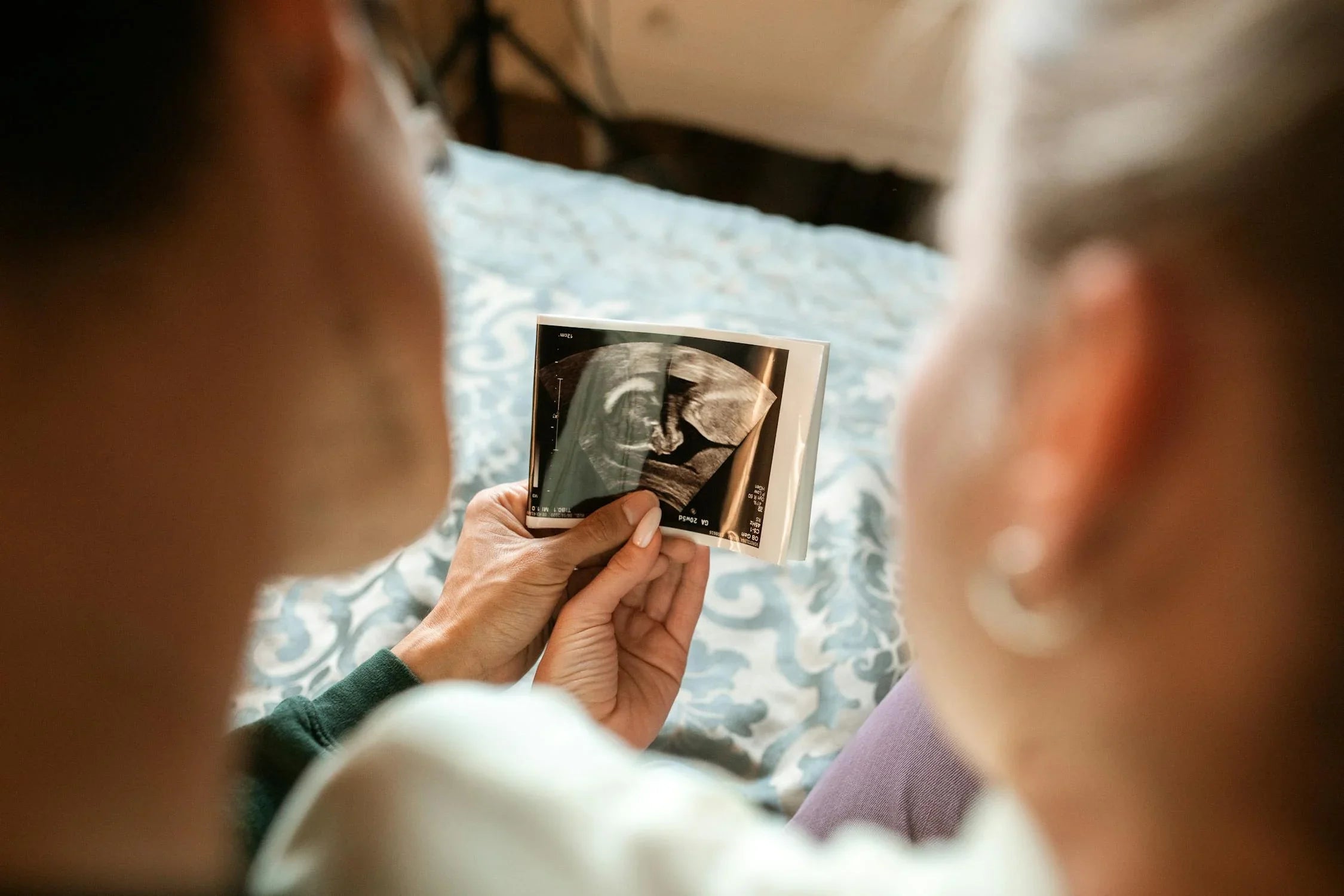Home
Pregnancy, Breastfeeding, and Pumping: The Ultimate Guide for Moms
How Effective Is First Response Pregnancy Test: A Comprehensive Guide

How Effective Is First Response Pregnancy Test: A Comprehensive Guide
When it comes to confirming pregnancy, the First Response Pregnancy Test is often the go-to choice for many women. Its reputation for accuracy and early detection has made it a trusted option. But just how effective is it? This article dives deep into the science behind the test, its reliability, and what you need to know to get the most accurate results.
Understanding the First Response Pregnancy Test
The First Response Pregnancy Test is designed to detect the presence of human chorionic gonadotropin (hCG) in urine. hCG is a hormone produced by the placenta shortly after a fertilized egg attaches to the uterine lining. The test is known for its ability to detect hCG levels as low as 6.5 mIU/mL, making it one of the most sensitive tests on the market.
How Does It Work?
The test works by using antibodies that specifically bind to hCG. When urine is applied to the test strip, these antibodies react with any hCG present, producing a visible line or a digital result. The simplicity of the process makes it easy to use at home, providing quick and private results.
Accuracy and Reliability
One of the most critical factors in evaluating the effectiveness of any pregnancy test is its accuracy. The First Response Pregnancy Test boasts a 99% accuracy rate when used from the day of the expected period. However, its effectiveness can vary depending on several factors, including the timing of the test and the concentration of hCG in the urine.
Early Detection Capabilities
What sets the First Response Pregnancy Test apart is its ability to detect pregnancy even before a missed period. Some women have reported positive results as early as six days before their expected period. This early detection is particularly beneficial for those who are eager to confirm pregnancy as soon as possible.
Factors Affecting Test Results
While the First Response Pregnancy Test is highly effective, certain factors can influence its accuracy. These include the time of day the test is taken, the concentration of hCG in the urine, and the presence of certain medications or medical conditions. To ensure the most accurate results, it is recommended to take the test first thing in the morning when hCG levels are typically highest.
Comparing with Other Pregnancy Tests
When compared to other pregnancy tests, the First Response Pregnancy Test often comes out on top in terms of sensitivity and early detection. However, it is essential to consider other factors such as ease of use, cost, and personal preference when choosing a test.
When to Take the Test
Timing is crucial when it comes to taking a pregnancy test. While the First Response Pregnancy Test can detect hCG levels as early as six days before a missed period, waiting until the day of the expected period can increase the likelihood of an accurate result. Taking the test too early can lead to false negatives, causing unnecessary stress and confusion.
Interpreting the Results
Understanding how to interpret the results of the First Response Pregnancy Test is vital. A positive result typically appears as a distinct line or a digital confirmation, while a negative result shows no line or a 'Not Pregnant' message. It is essential to read the instructions carefully and follow them precisely to avoid misinterpretation.
Common Mistakes to Avoid
Even with a highly effective test like the First Response Pregnancy Test, mistakes can happen. Common errors include taking the test too early, not following the instructions correctly, and misreading the results. To avoid these pitfalls, it is crucial to read the instructions thoroughly and take the test at the recommended time.
What to Do After a Positive Result
A positive result on the First Response Pregnancy Test is an exciting moment, but it is essential to confirm the result with a healthcare provider. A doctor can perform a blood test or ultrasound to confirm the pregnancy and provide guidance on the next steps.
What to Do After a Negative Result
If the test result is negative but you still suspect you might be pregnant, it is advisable to wait a few days and retest. hCG levels double every 48 to 72 hours in early pregnancy, so waiting can increase the chances of detecting the hormone. If you continue to experience pregnancy symptoms or have concerns, consult a healthcare provider.
Emotional Considerations
Taking a pregnancy test can be an emotional experience, regardless of the result. It is essential to prepare yourself mentally and emotionally for the outcome. Whether the result is positive or negative, having a support system in place can help you navigate the next steps.
Cost and Accessibility
The First Response Pregnancy Test is widely available at most pharmacies and online retailers. While it may be more expensive than some other tests, its high accuracy and early detection capabilities often justify the cost for many women. It is essential to weigh the benefits against the price when making your decision.
Environmental Impact
For those concerned about the environmental impact of disposable pregnancy tests, it is worth noting that the First Response Pregnancy Test is a single-use product. However, some brands offer eco-friendly options or digital tests that can be reused. Consider these alternatives if environmental sustainability is a priority for you.
Final Thoughts
The First Response Pregnancy Test is a highly effective and reliable option for confirming pregnancy. Its early detection capabilities and high accuracy rate make it a popular choice among women. By understanding how the test works, when to take it, and how to interpret the results, you can ensure the most accurate outcome. Whether you are hoping for a positive or negative result, the First Response Pregnancy Test provides the clarity you need to move forward with confidence.
Share
